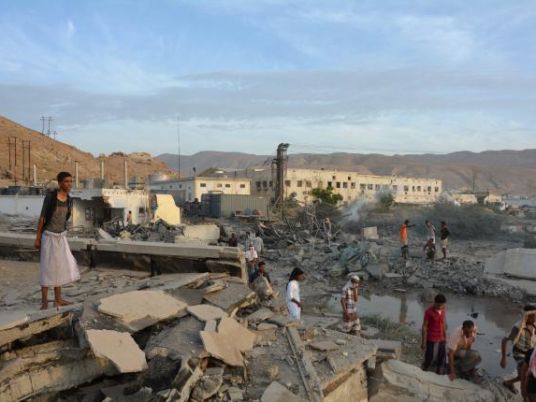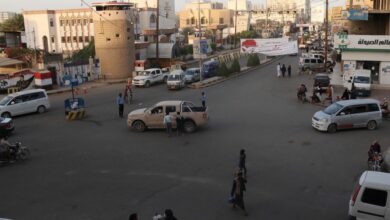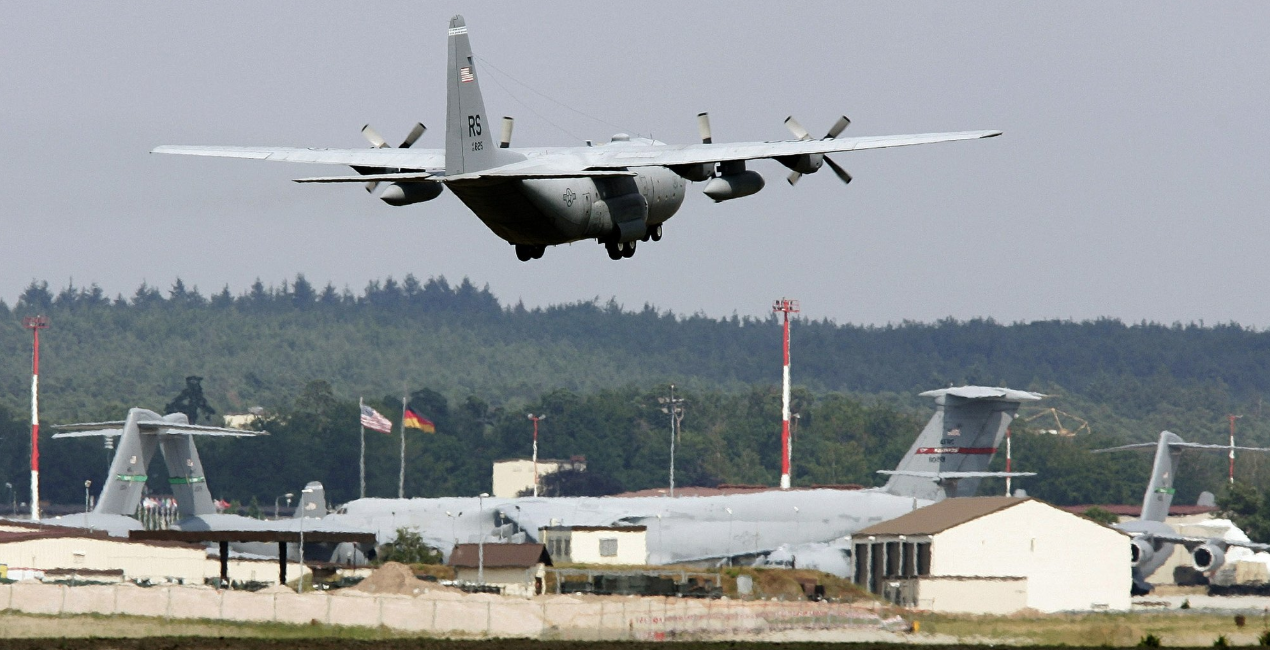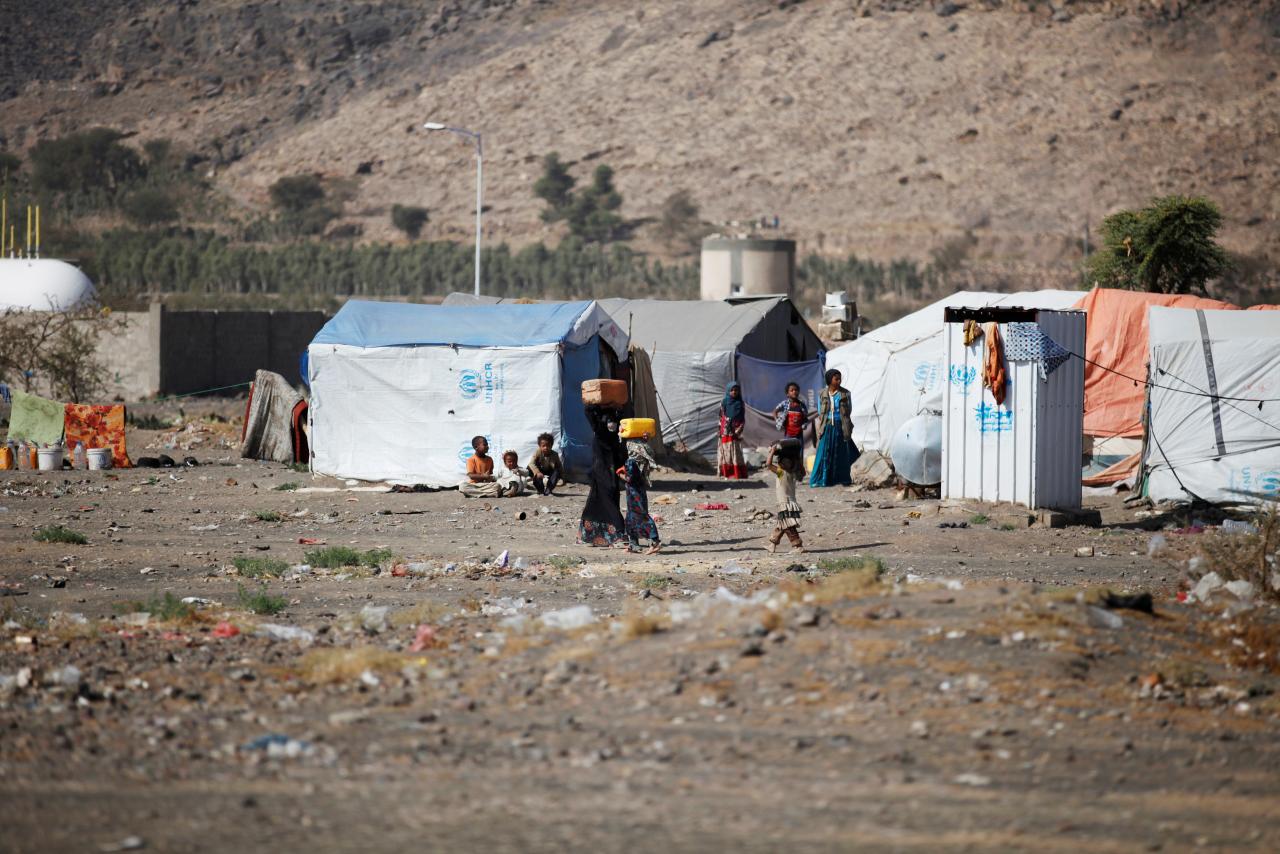
Yemeni government forces and their Emirati allies took back control of the country's largest oil export terminal from al Qaeda on Monday, security officials said, a day after routing the militants from their nearby stronghold.
The lightning advance is a shift in strategy for the Saudi-led coalition forces, which for over a year have focused their firepower on the Iran-allied Houthis who had seized the capital Sanaa and driven the government into exile.
The civil war has killed more than 6,200 people, displaced more than 2.5 million people and caused a humanitarian catastrophe in one of the world's poorest countries.
A fragile ceasefire, part of a UN-sponsored push for peace talks between the Houthis and President Abd-Rabbu Mansour Hadi's government in Kuwait, has been in force since April 10.
The UN Security Council ask Secretary-General Ban Ki-moon on Monday to submit a plan within 30 days detailing how his Yemen envoy can help the move toward peace.
In 48 hours, the Saudi-led coalition has deprived the Islamist militants of a lucrative mini-state they had built up over the course of a year, based around the southwestern port city of Mukalla.
About 80 percent of Yemen's modest oil reserves were exported in peacetime from the Ash Shihr terminal, 68 km eastwards along the coast from Mukalla, which has been shut since the war began and al Qaeda seized the area.
Al Qaeda in the Arabian Peninsula (AQAP) — seeking official recognition as a quasi-state as well as trying to get rich — tried last year to export the two million barrels of oil stored there with the approval of Yemen's government, which refused.
In a separate incident, residents said that an unidentified warplane believed to belong to the Saudi-led coalition fired missiles at a car in the city of Azzan in Shabwa province killing at least eight suspected al Qaeda militants.
Azzan is part of a string of southern Yemen towns seized by al Qaeda since last year as Hadi supporters and their Houthi enemies fought each other.
Deaths
A statement by the mostly Gulf Arab coalition said on Monday its offensive had killed 800 al Qaeda fighters and several leaders, though Mukalla residents said the number appeared unlikely and the group withdrew largely without a fight.
"It's highly exaggerated. There was only very little combat," resident Mubarak al-Hameli said by telephone.
A Yemeni military source put Sunday's death toll at 18 and said 30 al Qaeda fighters had been killed.
Residents said clerics and tribesmen had tried to persuade the al Qaeda fighters to leave quietly and that they had withdrawn westward to the neighboring province of Shabwa.
Local Yemeni officials said on Sunday that some 2,000 Yemeni and Emirati troops advanced into Mukalla, taking control of its maritime port and airport and setting up checkpoints throughout the southern city.
AQAP, which has planned several foiled bombing attempts on Western-bound airliners and claimed credit for the 2015 attack at the Charlie Hebdo magazine's offices in Paris, was taking about US$2 million a day in tax from the port.
The coalition offensive is now seeking to advance westwards on AQAP-held towns along a 600-km stretch of Arabian Sea coastline between Mukalla and the government's base in Aden, where militants appeared to be mounting fiercer resistance.
Local security officials said a senior Yemeni officer escaped an AQAP car bombing that killed four of his bodyguards outside the city of al-Koud in Abyan province on Sunday night.
The two-week ceasefire, which has reduced fighting along most frontlines between coalition and Houthi fighters, has helped launch peace talks in Kuwait last week.
The talks had been bogged by disputes over Arab coalition flights over Yemen, prompting the UN Security Council's request to Ban to inform it within 30 days of his plan for the next phase of the move toward peace.




